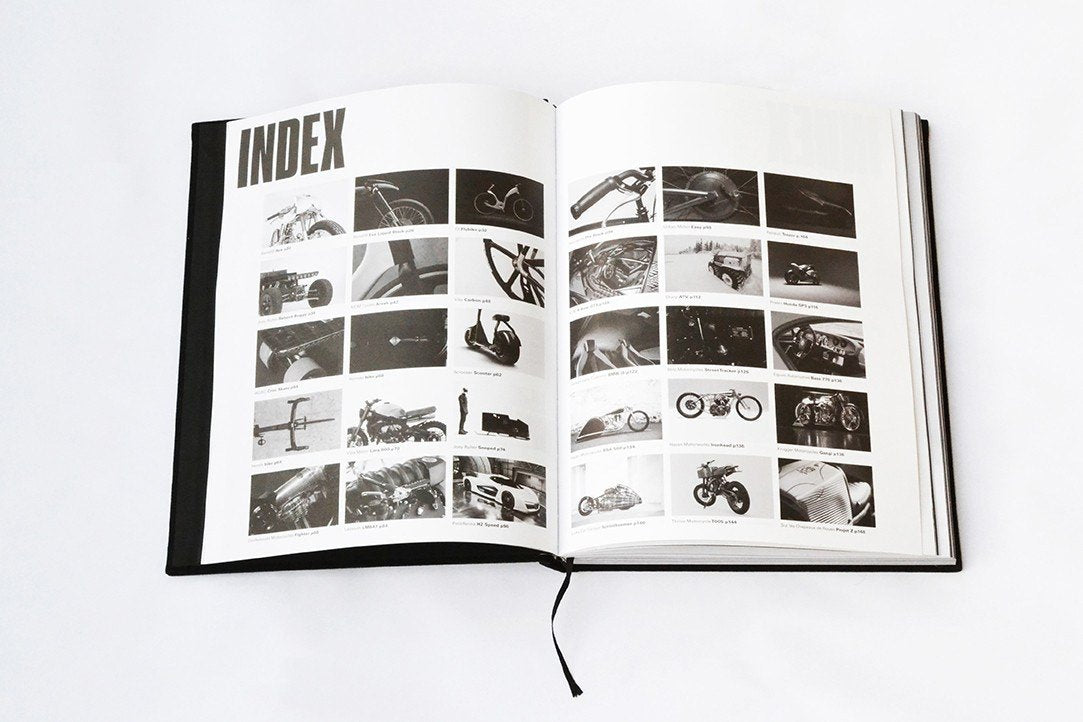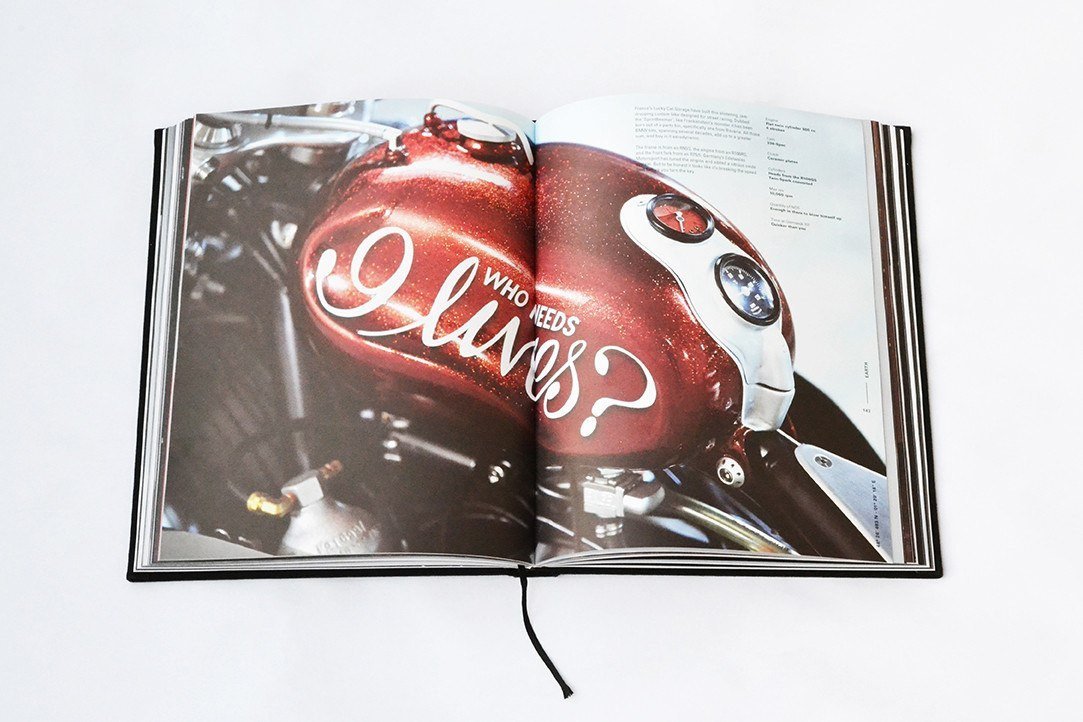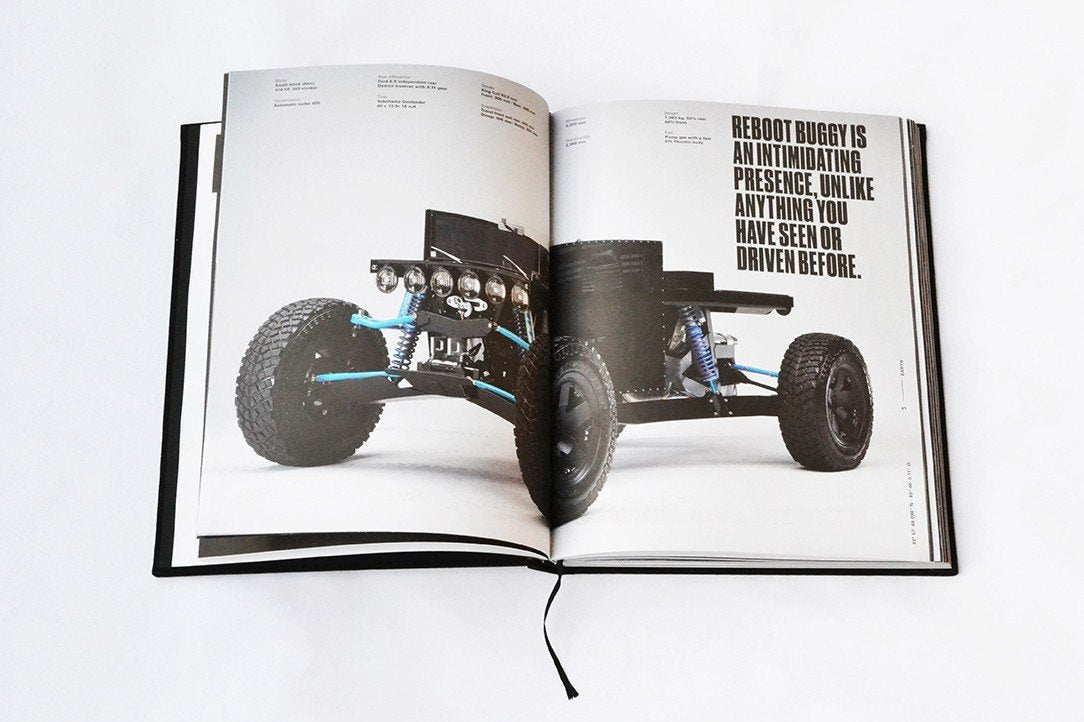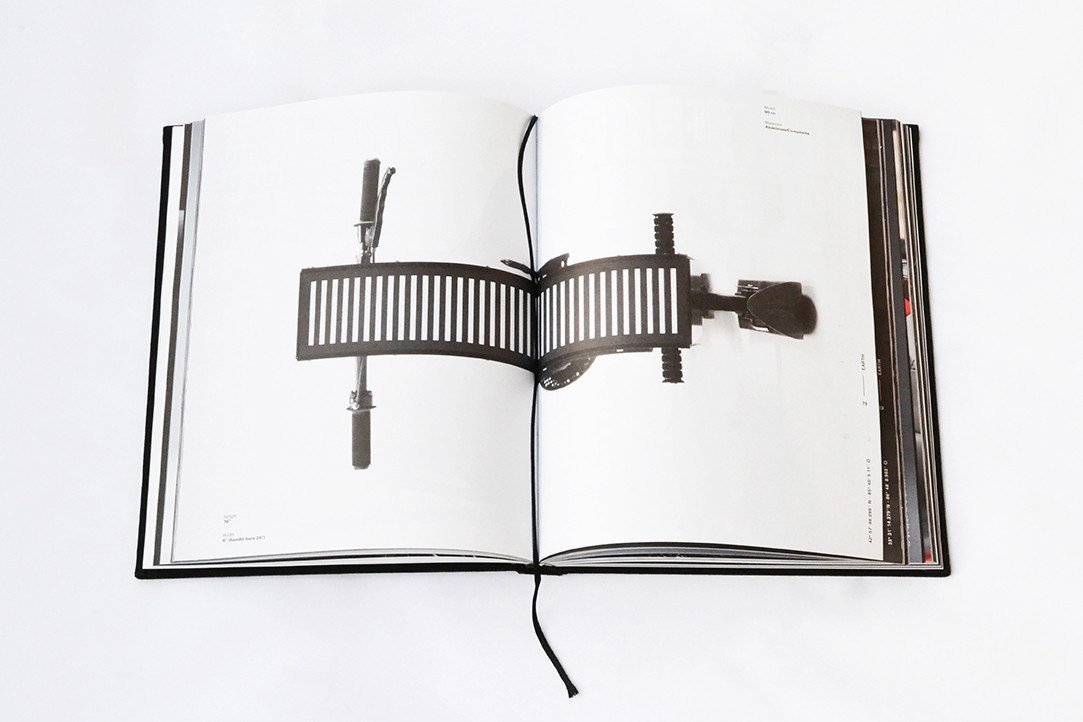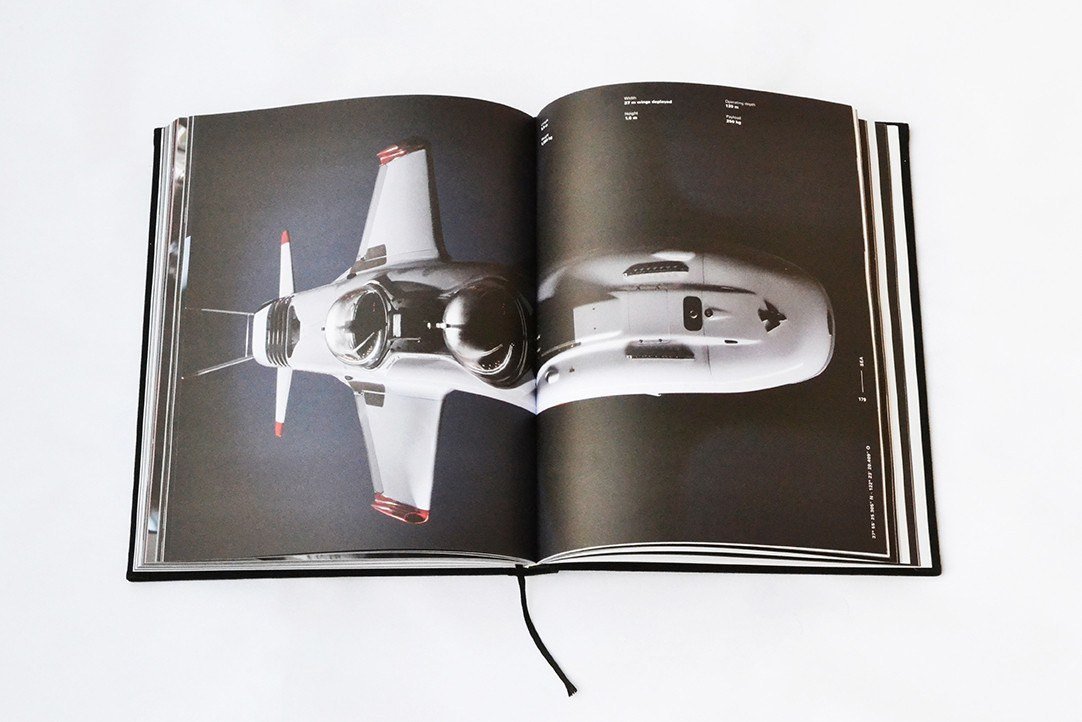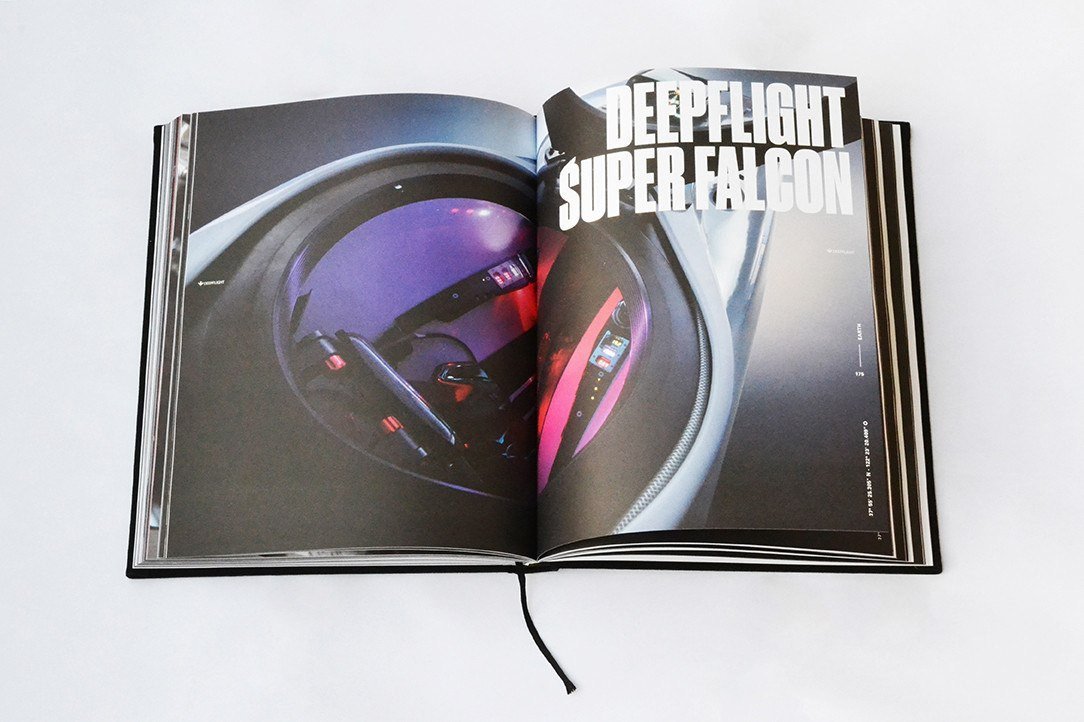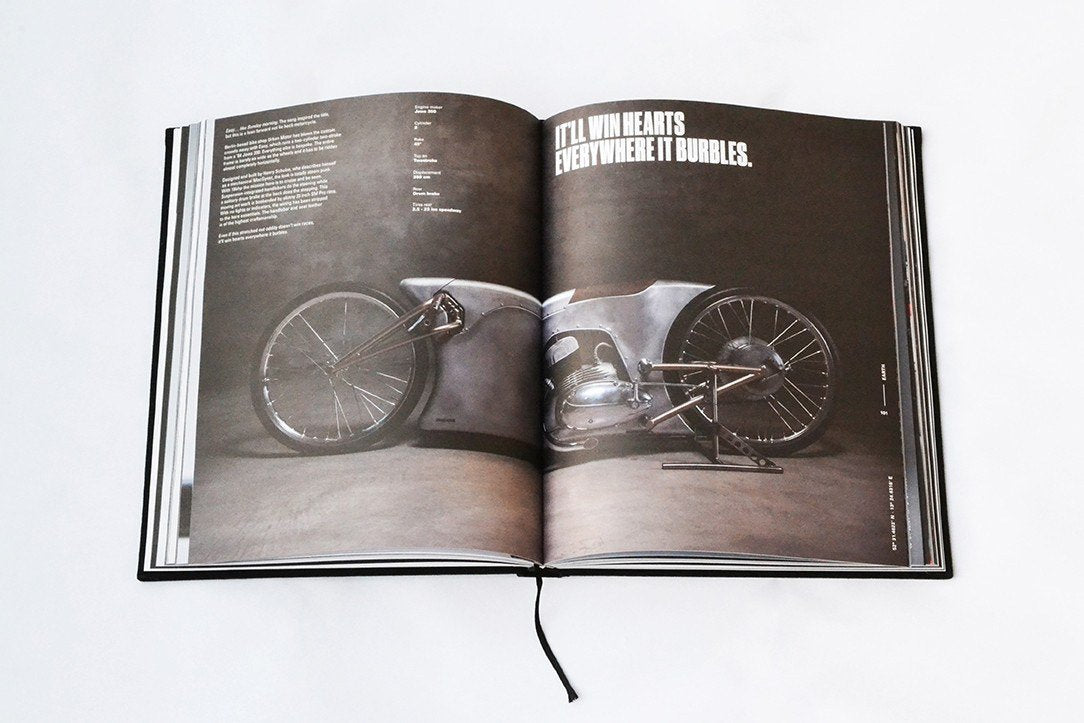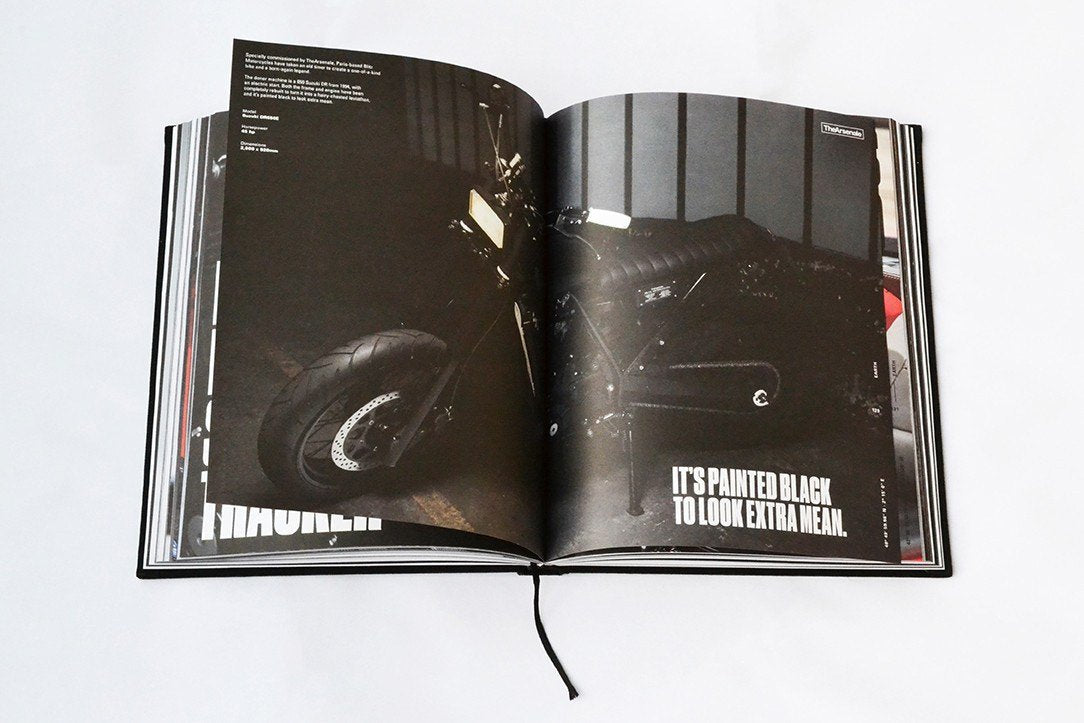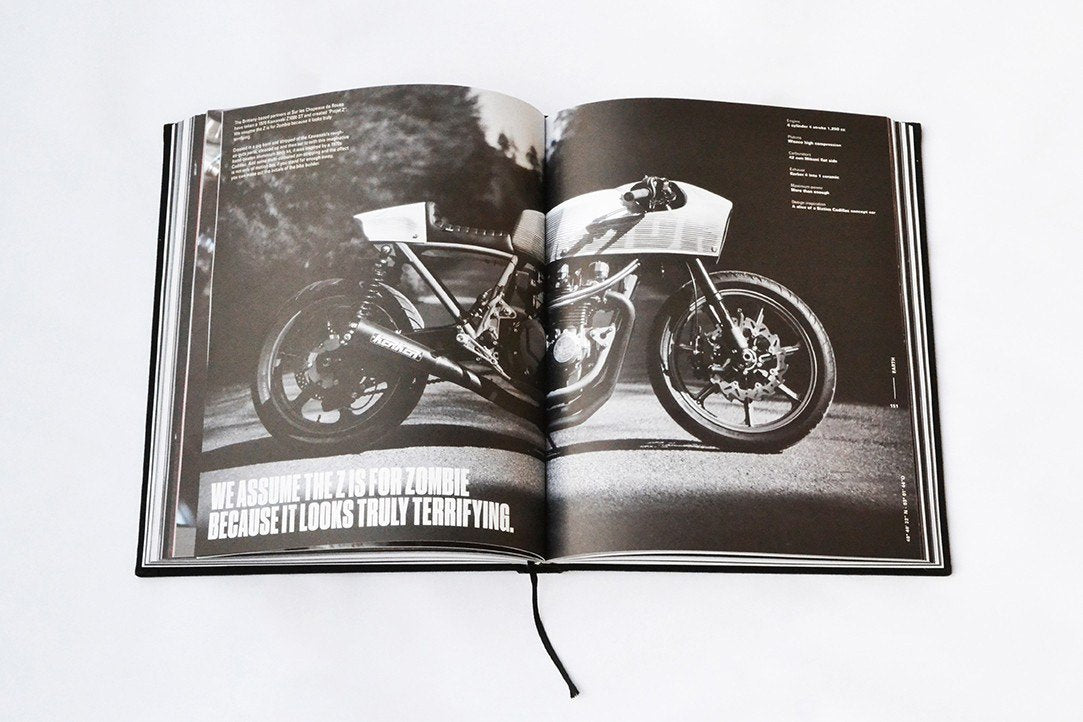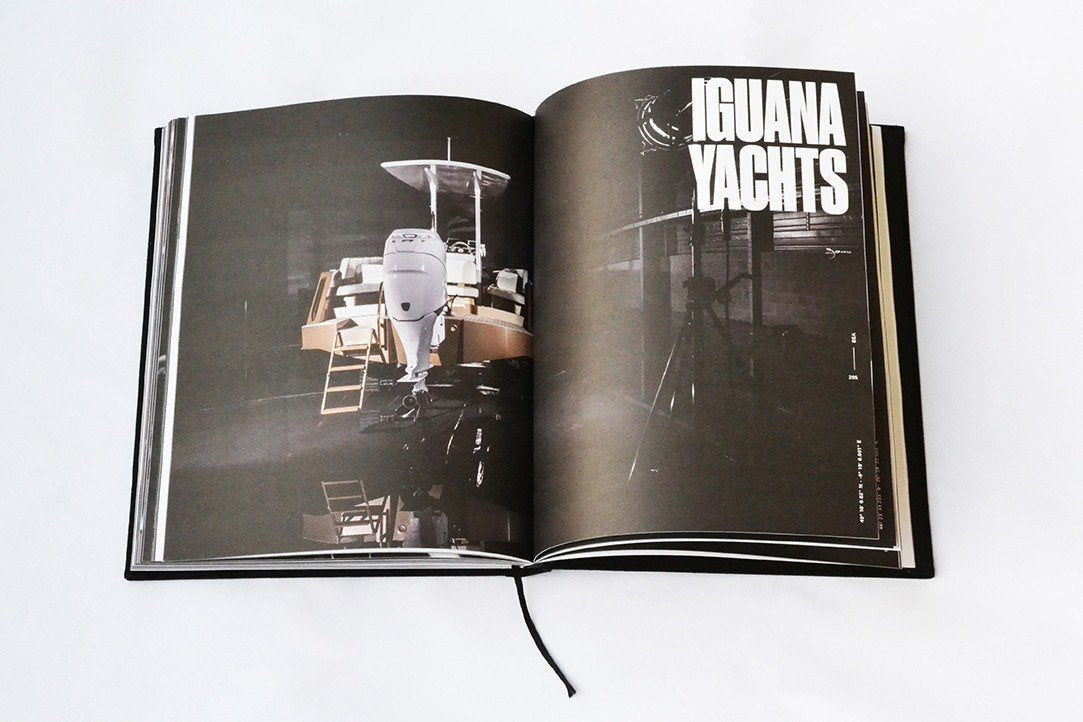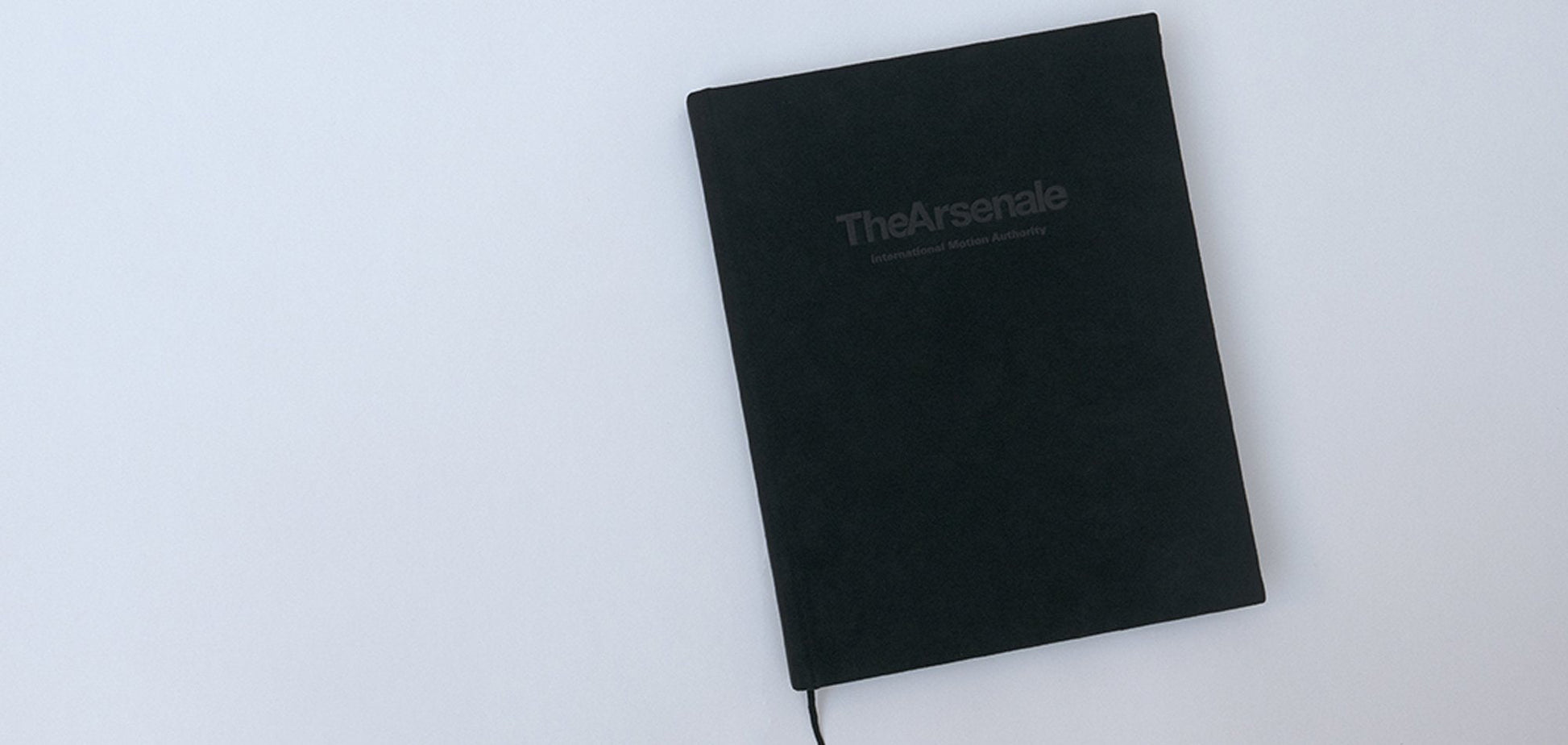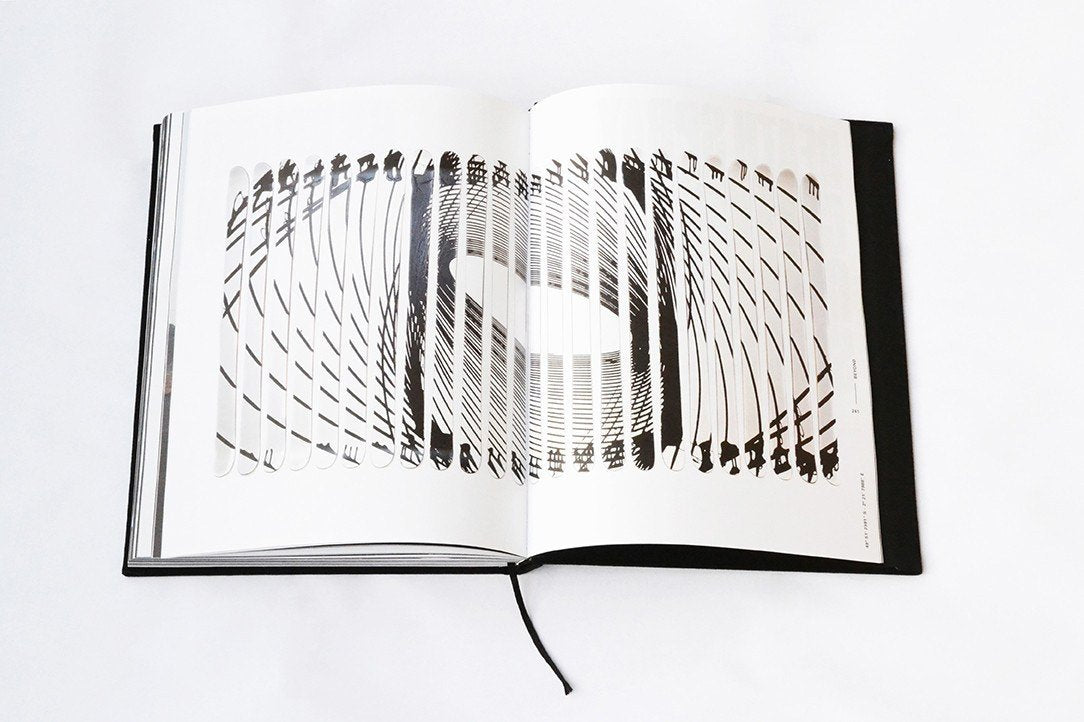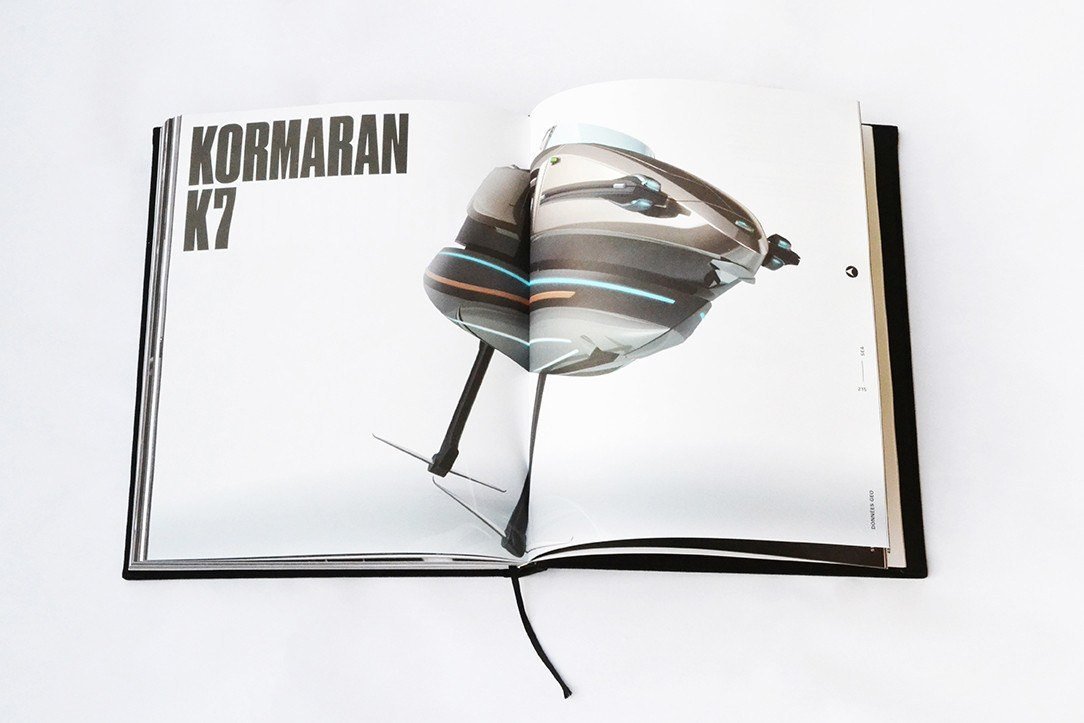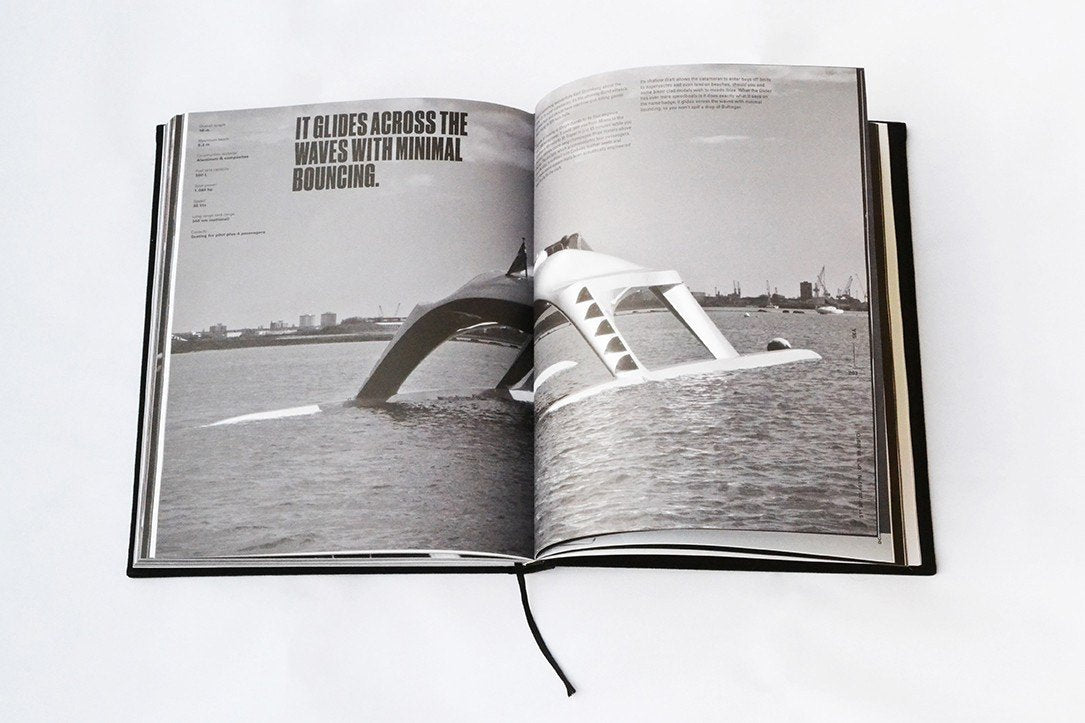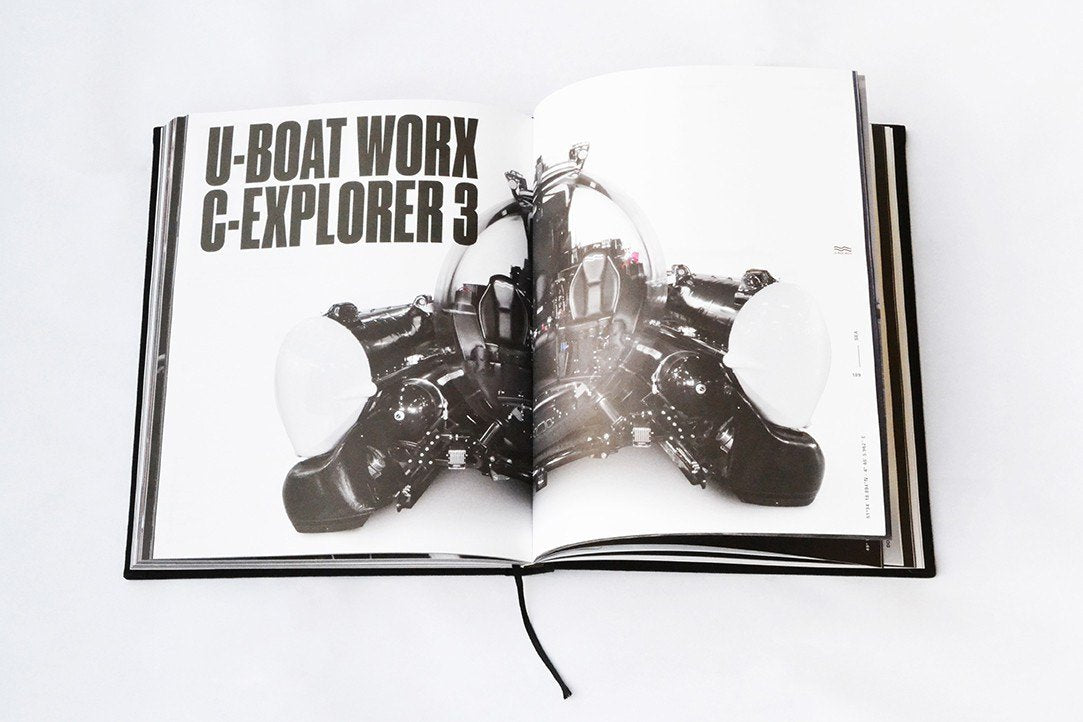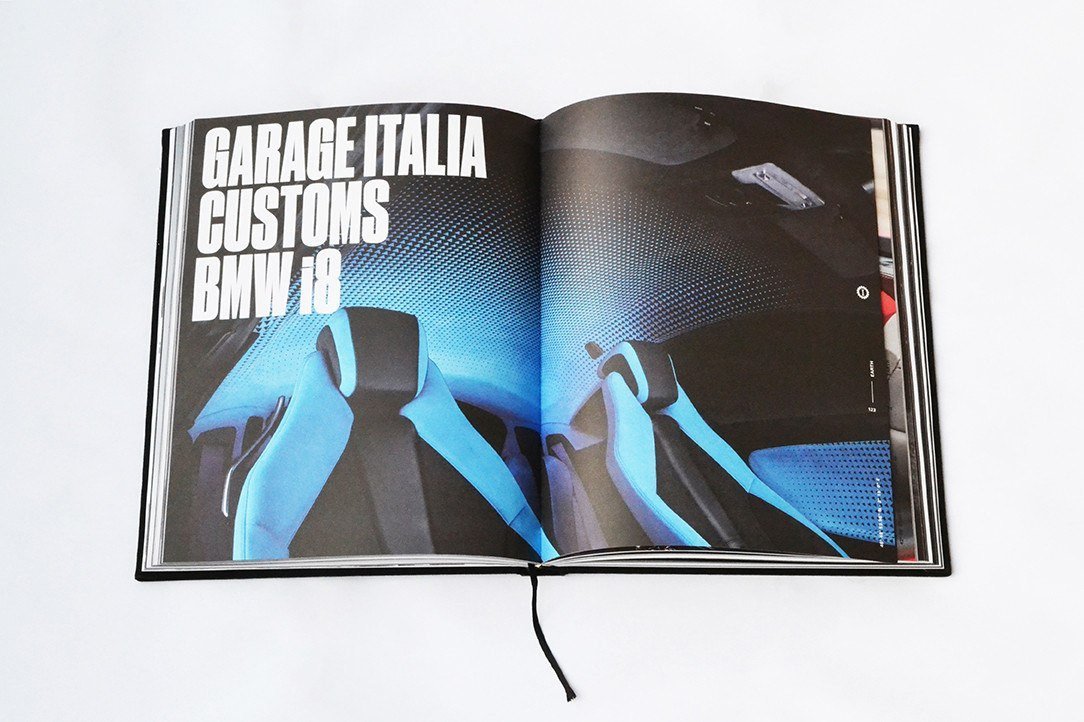In a surprising turn of events, two of the automotive industry’s fiercest rivals, Mercedes-Benz and BMW, are on the brink of forming an unprecedented partnership. Advanced talks are underway for Mercedes-Benz to adopt BMW's renowned B48 turbocharged 2.0-liter inline-four engine, primarily due to Mercedes' need for high-volume internal combustion engine production. This collaboration could mark a revolutionary shift in the competitive relationship between these German titans, who have historically vied for prominence in luxury performance engineering. Mercedes stands to integrate this engine into models like the CLA, GLA, GLB, C-Class, and E-Class, as well as the highly anticipated "Little G."

This move comes as Mercedes rethinks its electric vehicle (EV) strategy. The company's once bold ambition to phase out traditional internal combustion engines by 2030 has faltered due to slow EV adoption—particularly in the premium car market. To meet the demand for efficient petrol engines, Mercedes turned to BMW, whose B48 powertrain could significantly reduce research and development costs. This isn't the first time BMW has shared its engines with other manufacturers; past partners include Toyota and Range Rover, as well as Ineos for its Grenadier. For Mercedes, however, such a deal reflects a departure from its usual reliance on Nissan and Renault powertrains and highlights its willingness to seek solutions from direct competitors.

If finalized, the partnership presents significant advantages for both companies. For Mercedes, the arrangement will ensure cost efficiency and faster deployment of combustion engine models while allowing the company to prioritize development of six- and eight-cylinder engines. BMW, on the other hand, will capitalize on the deal by maximizing production capacity in its Steyr, Austria plant. As industry insiders await confirmation by year-end, this potential collaboration underscores the evolving dynamics of the automotive sector, where even the fiercest rivals may join forces to adapt to shifting market demands and regulatory pressures.
📷: BMW, MERCEDES-BENZ
